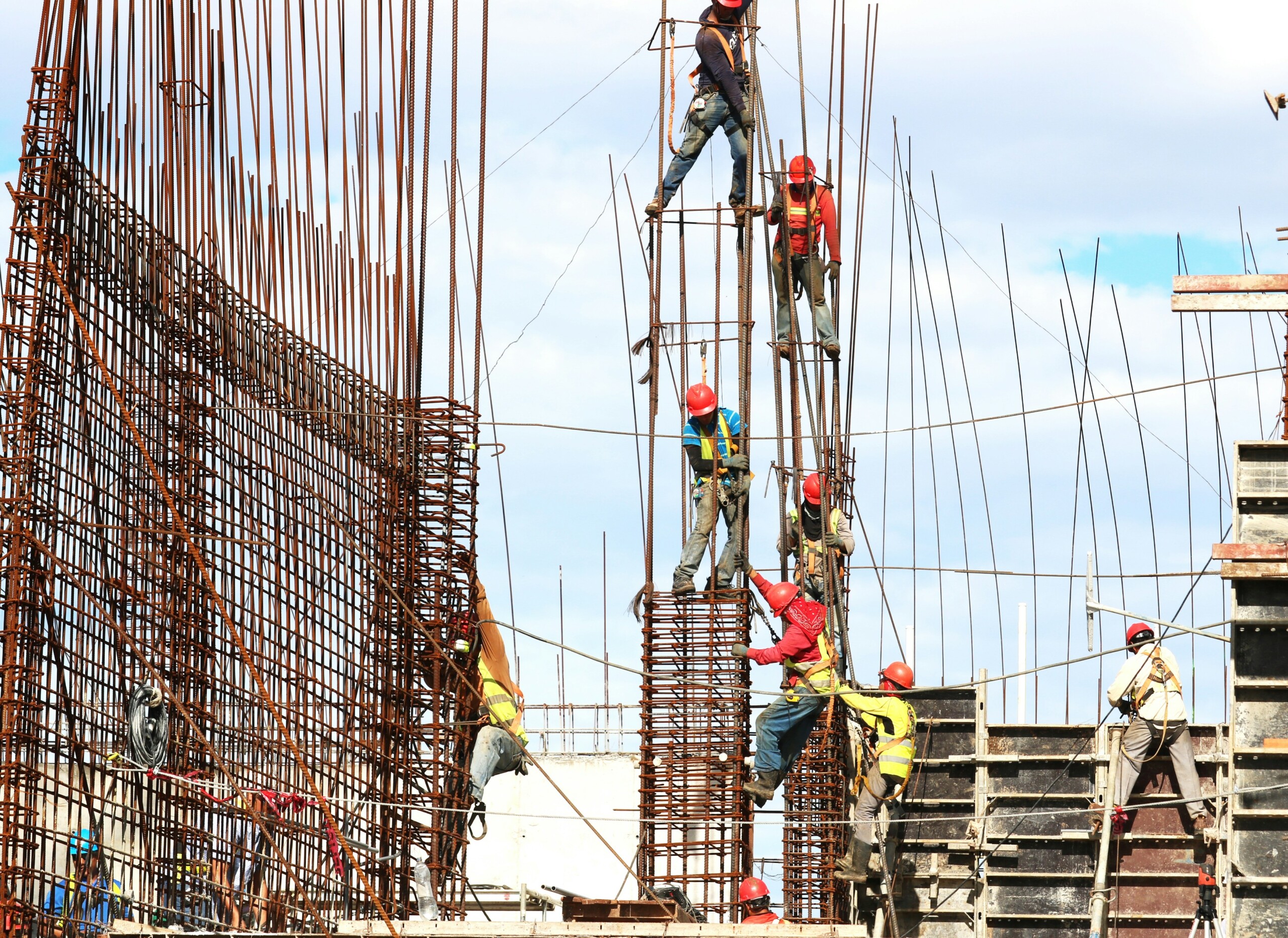
When deciding between purchasing a previously owned home or a new build, there are several factors to consider. Here’s a comparison of the two options:
Previously Owned Homes
Pros:
- Established Neighborhoods: Older homes are often located in well-established neighborhoods with mature landscaping and a community feel.
- Character: Older homes may have unique architectural features and charm that newer homes might lack.
- Immediate Availability: You can typically move into a previously owned home much sooner than a new build.
- Potential for Negotiation: There might be more room to negotiate the price based on the home’s condition or market factors.
- Lower Cost: Depending on the market, previously owned homes can sometimes be less expensive than new builds.
Cons:
- Maintenance Costs: Older homes may require more upkeep and could come with hidden repair costs for things like plumbing, electrical systems, or roofing.
- Energy Efficiency: Older homes may not be as energy-efficient as new builds, potentially leading to higher utility costs.
- Customization: You may need to remodel or renovate to meet your personal tastes or modern standards.
- Less Modern Layouts: Older homes might not have the open floor plans, large closets, or updated amenities that many buyers seek today.
New Builds
Pros:
- Customization: With a new build, you often have the opportunity to customize finishes, layouts, and other features to your liking.
- Energy Efficiency: New homes are built to modern energy standards, which can result in lower utility bills.
- Lower Maintenance: Everything is new, so you won’t have to worry about major repairs or updates for a while.
- Warranties: Many new homes come with builder warranties, offering peace of mind for the first few years.
- Modern Amenities: New builds typically include the latest technology, appliances, and design trends.
Cons:
- Higher Cost: New builds can be more expensive upfront compared to similar-sized older homes.
- Location: New developments might be further from city centers or in less established areas.
- Construction Delays: There’s always the risk of delays in construction, which can push back your move-in date.
- Landscaping: New builds may lack mature landscaping, and it can take years for trees and shrubs to grow in.
- Uncertainty: The community around a new build can change as it develops, which might affect your home’s future value.
Conclusion
Your decision may ultimately come down to personal preferences, budget, and lifestyle. If you value character, established neighborhoods, and potentially lower costs, a previously owned home might be the right choice. However, if you prefer modern amenities, customization, and lower maintenance, a new build could be worth the investment.

